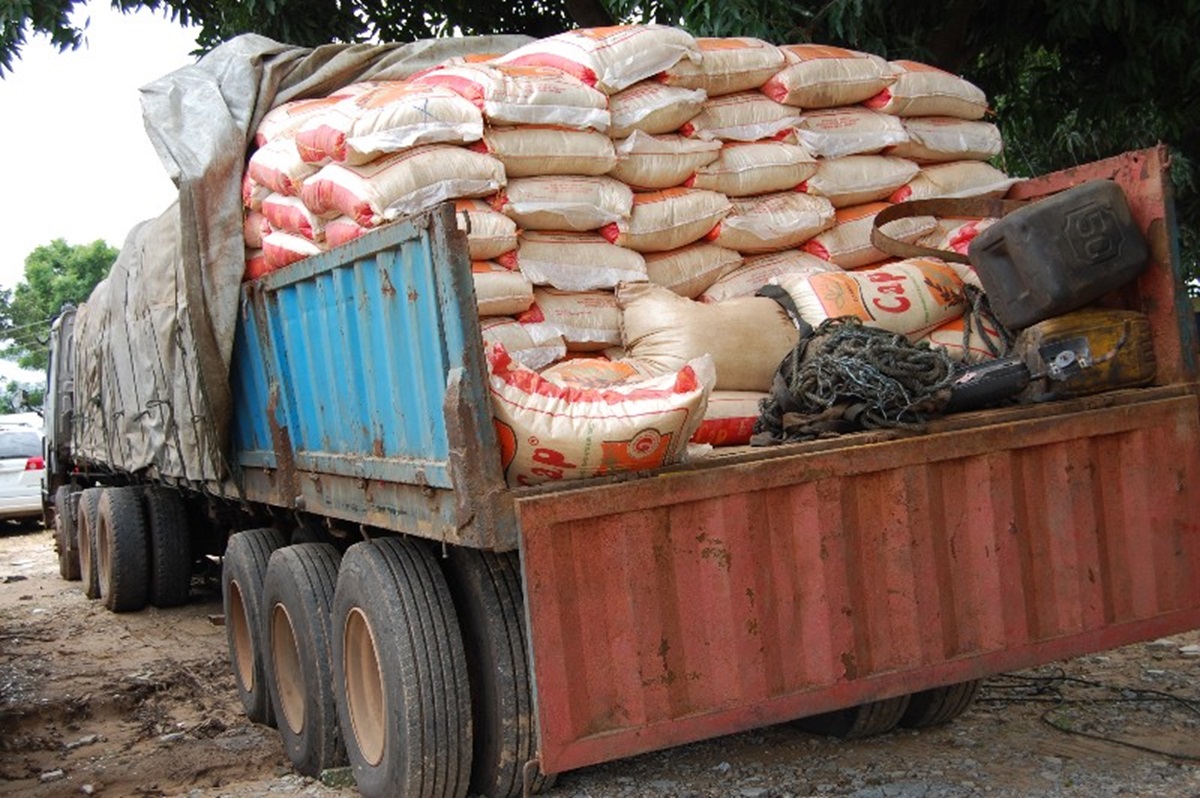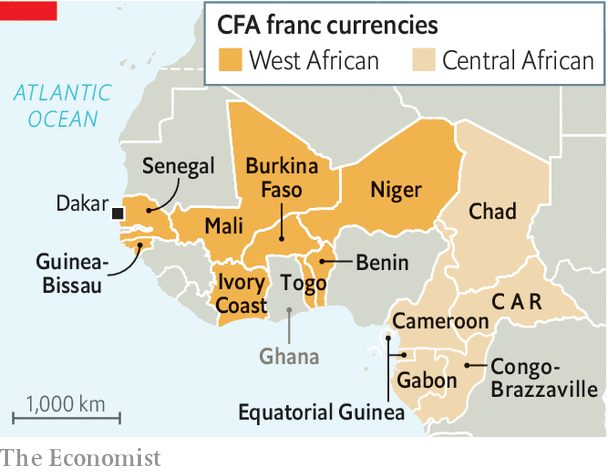International
Niger defaults on its debt, while sanctions block food supplies

Niger defaulted on a debt of 13.4 billion CFA francs ($22 million) last week, the West African debt management agency said Monday, bringing total defaults to about $519 million since the July coup and its suspension from regional financial markets.
The West African Monetary Union debt management agency UMOA-Titres said in a statement that Niger had failed to repay the principal that was due on February 16. It had previously missed payments for August, November, January, and February.
UMOA-Titres noted that this was in the context of sanctions imposed on Niger by the Economic Community of West African States (ECOWAS) and the West African Economic and Monetary Union, also known by its French acronym, UEMOA. In short, ECOWAS is pushing its states into default.
“This situation is being closely monitored by UMOA-Titres in cooperation with the institutions concerned,” the agency said in a statement Monday.
The sanctions were imposed after the July 30 coup by members of Nigeria’s presidential guard, which toppled President Mohamed Bazoum.
Other countries, including the United States, which had provided aid for health, security, and infrastructure, also suspended their support.
Until the coup, aid accounted for nearly half of Niger’s annual budget. Niger’s neighbors have also closed their borders to the country, and more than 70 percent of electricity supplied by Nigeria has been cut off. Financial transactions with West African countries were suspended. Niger’s assets in foreign banks were frozen, and hundreds of millions of dollars in aid were withheld.

THE CFA Areas
In July, the Central Bank of West African States (BCEAO) canceled Niger’s planned 30 billion CFA franc ($51 million) bond issue. This is the issue of having a single central bank for the entire Western CFA area, which one day, by 2027, is expected to be replaced by the future common ECO currency, which is expected to cover the entire ECOWAS area.
Now Niger, along with Mali and Burkina Faso, has declared its exit from ECOWAS, but this has not improved the position; in fact, it has even worsened it. The news comes that 50 truckloads of grains and foodstuffs were blocked before crossing the Nigeria-Niger border, worsening the already strained situation of food supplies in the country. Nigerian authorities immediately distributed the food to local populations.






